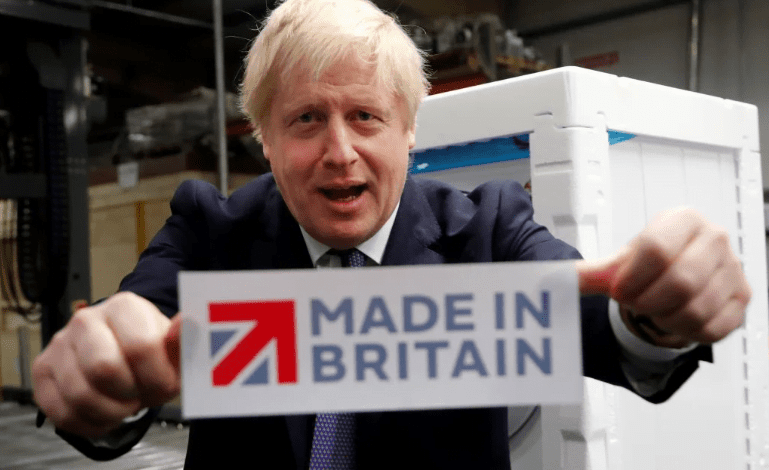

UK Manufacturing Ambitions with Lloyds Bank, MTA Leaders
Having a dynamic dialogue on the future of UK manufacturing sector, David Atkinson-UK Head of Manufacturing SME & Mid Corporates at Lloyds Bank speaks with James Selka – CEO MTA. After over a decade and half of partnership between Lloyds Bank and MTA, the leaders share their common dreams as well as perspectives on how to continuously improve manufacturing landscapes.
Background and Dedication
David Atkinson praises James Selka for his steadfast dedication to the advanced engineering sector that he presided over for close to a decade at MTA. James Selka, who started by learning as an apprentice about 25 years ago now having found a good standing in the industry, brings unique addition to this discussion.
Outlook for 2024
David Atkinson starts by querying James Selka regarding his perspective on manufacturing for the next year. James talks about excitement referring to a once in lifetime chance for the revolutionary reconstruction of UK manufacturing.
He underscores the movement from global to partial deglobalization, focusing on sustainability and possible manufacturing level that would grow UK’s economy tremendously.
Sustainability and Productivity
James addresses sustainability and productivity intersection by highlighting technological advancements in manufacturing. The transition to mass customization and on-the availability, encourages resource efficiency with a lessened carbon footprint.
The discussion highlights the essential function that technology plays in not only making manufacturing sustainable but also providing a competitive advantage on an international level.
Cracking the Productivity Problem
The discourse turns to the issue of productivity, which has been a perennial challenge in this industry. According to James, manufacturers need three key elements: advanced technologies, trained personnel and financial resources.
The MACH Exhibition that was sponsored for 14 years by Lloyds Bank provides a medium through which SMEs looking for technological solutions can make their presence known. MTA Knowledge Hubs aspire to promote the implementation of innovative technologies, developing global competitiveness in a sustainable form.
Diversity and Talent Acquisition
The leaders shed light on the necessity to attract talent and boost diversity in this sector. James highlights the need to demystify manufacturing as an outdated idea and reveals it modernity through showing its sophistication.
MTA’s activities include student invitations to participate in the Mach, offering them firsthand experience and interaction with peers facilitated by manufacturing apprentices. The discussion also requires new thinking and an innovative education system that is responsive to the changing demands of the industry.
Throughout the dialogue, it is revealing that both leaders imagine a future aimed at making UK manufacturing not only strong but also innovative in sustainability and global leadership. However, the partnership between Lloyds Bank and MTA will continue to guide manufacturing sector’s future direction.





